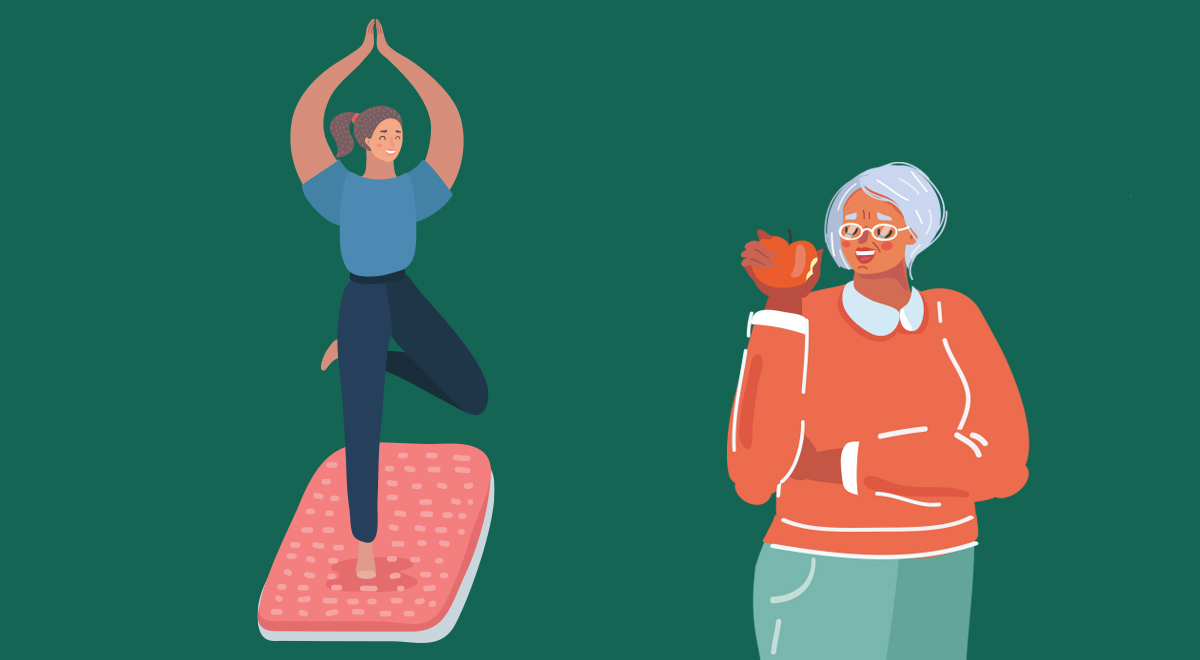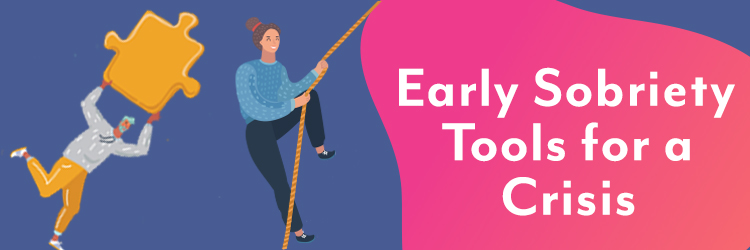[vc_row][vc_column][vc_column_text]A lot of people are having a hard time right now. That includes—maybe especially—those who have struggled with addiction. Tons of news articles are circulating about the effect isolation has on recovery. But I’m not seeing much about how well-equipped people in recovery may be to face this.
Those of us who have gotten sober have weathered our own crises. Few people have experienced anything quite like this before. But I’ve noticed that a lot of the tools I used in early sobriety are helpful now.
When I first got sober, I relied heavily on my support system. As time went on, I became more capable of relying on my own inner compass to get through cravings or emotional setbacks. Now seems similar. As I deal with this new reality, I’m finding my support system is crucial in helping keep me afloat.
I imagine that—depending how long this lasts—I’ll gradually be less reliant on outside support. That’s not to say I won’t keep connected, but that my support might come more from within.
Which brings me to another point: “One day at a time.” This is a heavily quoted AA mantra. Even though I don’t use AA, I felt its importance from the beginning. As is the case for many people, when I first got sober, the idea of never drinking or using again was unimaginable. If I thought about it too much I got overwhelmed. What I could do was focus on staying sober day by day.
With this pandemic, there is uncertainty all around—especially about how long our lives will be upended by this virus. When I think too far ahead, again, I get overwhelmed. Instead I try to focus on what I can do to keep myself physically and emotionally healthy each day.

Now feels the same. While before this crisis I stuck to only a few of the same videos, I’ve been trying new ones. I’m running more miles, or going to different places when I run. Whereas before working out became just another part of my routine, now I look forward to these workouts.
During this crisis, a lot of outlets are suggesting people stay active. But my renewed excitement about exercise really reminds me: whatever tools worked best for people in their early sobriety will help them now. For me, this is exercise. For someone else, it might be baking. Whatever helped manage the heightened emotions of early sobriety will be useful now.
As the common AA saying goes: “This, too, shall pass.” It’s been helpful to keep this in mind both in sobriety and during this crisis—whether it’s when I’m having a particularly difficult feeling, or in regards to the crisis itself. Perhaps this is why I’ve watched this video of this wise old lady multiple times. It’s sweet, cute and kind of funny, but my favorite part is when she says, “It’ll all pass.”
If you are struggling with an addiction or a co-occurring mental health disorder, it is okay to ask for help. Seeking help doesn’t make you weak; it makes you strong and brave. Many of the staff at TruHealing Centers have been where you are and know how hard it is. No one should have to go at it alone. At our addiction treatment centers across the country, we will give you the tools to build towards long-term recovery. All of our centers are open and here for you during this especially difficult time. Call an admissions specialist at 410-593-0005.[/vc_column_text][/vc_column][/vc_row]








